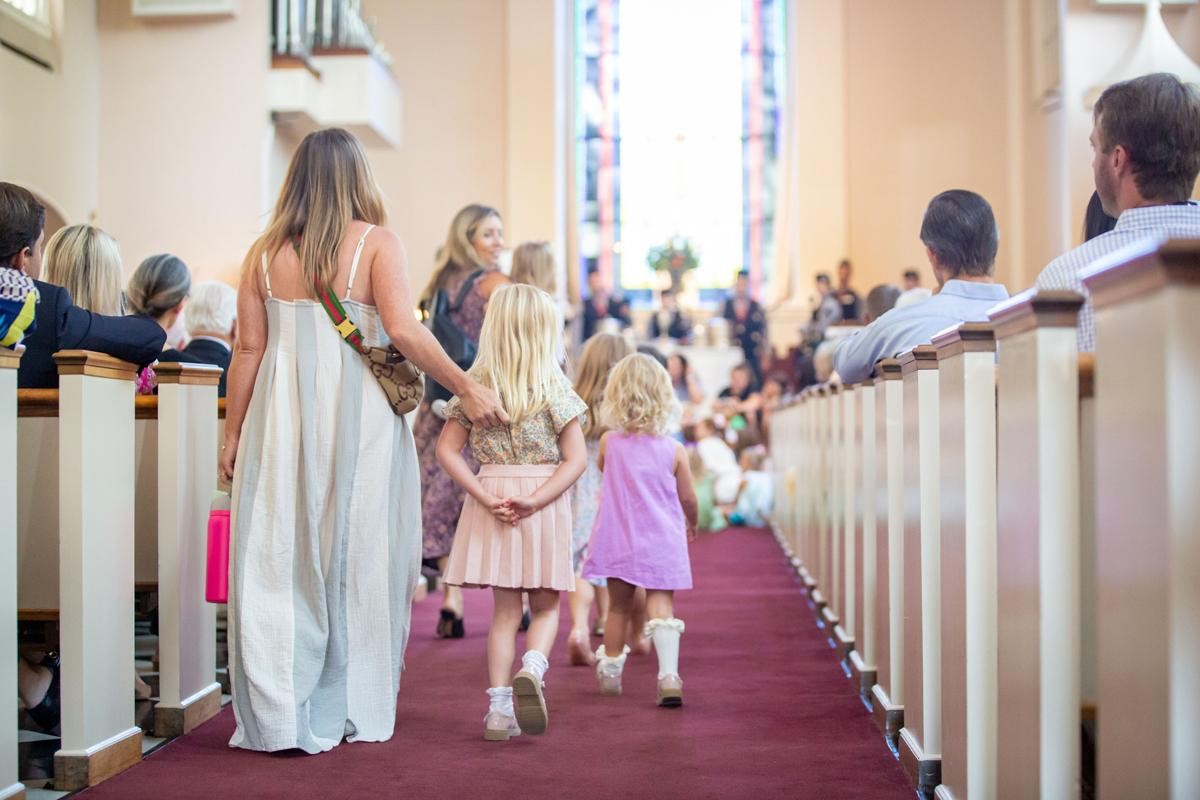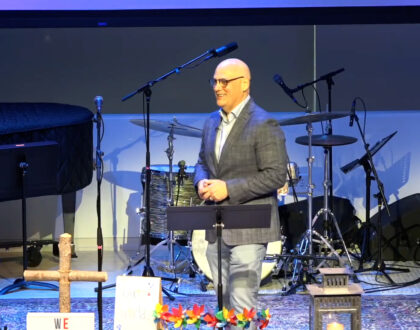Why Going to Church Still Matters

Homecoming Sunday was a great celebration. It was great to kick things off for the fall!
Pew Research has been tracking religious trends in America for many decades. Some of the most recent data is very eye-opening if not alarming. In 2024, roughly 30% of Americans say that they attend church on a regular basis, loosely defined as once a month. Less than 50% of Americans now claim membership to any given church. These trends are much lower than just a few decades ago. Why have we seen such a rapid decline in church involvement and participation in this country? What seems to be going on?
Simply going to church does not make you a strong Christian any more than walking into a gym will get you in shape. However, spiritual and emotional growth does not happen automatically. It takes work and dedication. Research does show that couples who are actively involved in a church tend to have healthier marriages. Families that are involved in church tend to place faith and spirituality at the center of their lives. Faith is not a ticket to a problem-free life. We all know that. But faith and a strong community will give you the foundational hope and strength that you need to face and navigate the many challenges that life will bring your way.
Queens pastor Peter Scazzero makes the case that it is simply impossible to be spiritually mature and emotionally immature at the same time. He is clear that the world is constantly sending us messages that make spiritual growth challenging. These messages include: happiness is found in accumulating things; security is found in money and status; pleasure, convenience, and comfort are most important; there are no moral absolutes; you’re only responsible for yourself. We get bombarded with these secular messages day after day, commercial after commercial. But becoming spiritually mature will not happen until we learn to develop a sense of emotional health and make ongoing growth a priority. The two go hand in hand. Emotional stability has to do with recognizing and managing our feelings; having genuine compassion for others; maintaining meaningful relationships; avoiding destructive patterns of behavior; loving others without having to change them; knowing our limits and weaknesses; resolving conflict maturely; and learning to grieve in healthy ways.
Our culture seems to ask three predictable questions over and over again: “What do you do? What do you own? What do others think of you?” These are not the questions that should drive us. Scazzero says these questions must be replaced with a different set of questions: “How can I be quick to listen and slow to speak? How can I be angry but not sin? How can I monitor my heart and motives? How can I speak the truth in love? How can I become a peacemaker? How can I mourn and embrace change in a healthy way? How can I strive to tell the truth? How can I get rid of all bitterness, rage, and envy?”
The human condition is anything but simple and easy. We will remain frustrated until we recognize that healthy spirituality is always grounded in emotional maturity and intelligence. This takes intentionality, discipline, and commitment, and many are not up for the task. For many people, religion is viewed as an obligation and not as an ongoing opportunity for personal growth, transformation, and connection to God.
Church matters because it opens the door for this kind of spiritual growth to happen on a regular basis. If we neglect doing the hard work, it will have a direct effect on every other aspect of our lives.
Recommended Posts

Leading in the Church
May 16, 2025

New Series – “Timeless Values for a Chaotic World”
May 05, 2025


